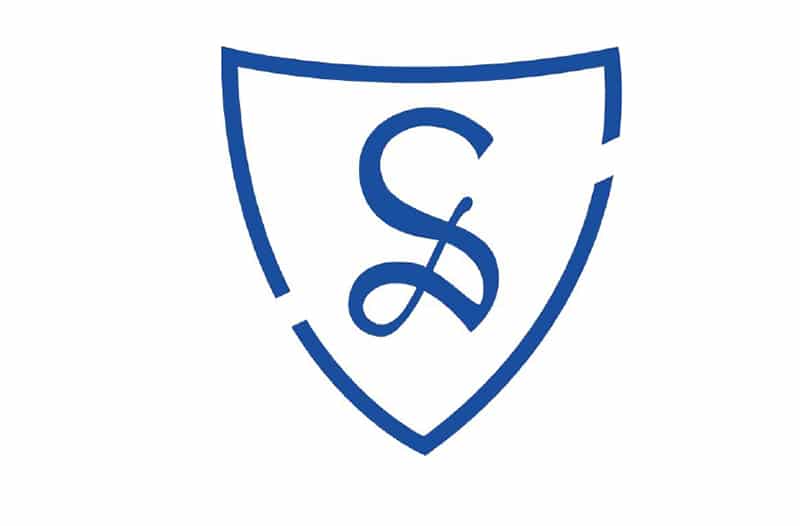by Mike Knaak
editor@thenewsleaders.com
Sartell-St. Stephen school district voters will be asked a second time to approve an operating levy.
The measure will be put to voters in a special election on Nov. 5, 2019. If approved, it would raise $1.77 million a year for 10 years.
Last fall, voters turned down a similar proposal. That outcome resulted in cutbacks that affected class size, staffing and delaying or canceling proposed instructional and program plans.
This proposal has a lower tax impact because of legislative changes in state funding. Of the $1.77 million, approximately 36 percent would be state aid and 64 percent would be local property tax levy.
The school district is in the middle of a realignment of buildings and grades. This fall, the new high school will open.
During the school year, the current high school building will be closed while it is converted for middle school students. For the 2020-21 school year, the current middle school will welcome third- through fifth-graders and middle school students will attend the converted high school. The current elementary schools, Oak Ridge and Pine Meadow, will serve the district’s youngest students. Pre-kindergarten and kindergarten students will attend Oak Ridge and first- and second-graders will attend Pine Meadow.
Operating five schools will increase costs in 2020-21 to almost $1 million.
Here’s how the plan will affect taxpayers yearly, according to the district.
Owners of $100,000 property will see a $74.30/year increase.
Taxes on a $200,000 property will increase $148.60.
On a $300,000 property, taxes will increase $229.90.
For agricultural property, the taxes would be based on the value of the house, garage and surrounding one acre of land. There will be no referendum taxes paid on the value of other agricultural lands and buildings.
The district plans neighborhood informational meetings as well as posting information on the district website, Superintendent Jeff Schwiebert said. The presentations will provide more information comparing the Sartell-St. Stephen tax rate to surrounding districts.
If the levy fails, the district will need to make cuts to balance its budget. Those cuts could include larger class sizes and cuts to planned programs and services.
Because of recent legislation, agricultural taxpayers will see their taxes for paying off the high school debt go down in the next four years.
“We need these dollars to support our kids,” Schwiebert said. “We want to do things to maintain our quality status.”




